Introduction
Keeping track of your customers can be complicated.
The more customers you have, the better for your business. But it also becomes increasingly difficult to organize all of them without losing any data.
When this starts to happen, it gets easier to let leads fall through the cracks, resulting in lost sales.
That’s what CRMs were designed for. But what if your CRM could also empower your email marketing efforts?
Let’s dive into CRM email marketing, why it matters for your business, and what tools you should try to start increasing your profits in 2022.
What is CRM email marketing?
First, let’s define what a CRM is and what is email marketing.
CRM stands for Customer Relationship Management. It’s a piece of software that lets you store all of your customer or client information, including:
- Contact info
- How they landed in your sales funnel
- Which stage of your sales process they’re in
- Which communications they’ve received from you
- Any other specifics you need to know about every customer
With a CRM, you can keep all of your customer data in one place. At the same time, you can manage your sales process for each individual customer.
On the other hand, email marketing is exactly what it sounds like — marketing using email. This includes automated email marketing, in which you send scheduled newsletters and predefined email sequences based on where your customers are in your sales funnel.
Email marketing can be achieved without a CRM. Likewise, you can get a CRM without email marketing features.
But CRM email marketing combines the best of both worlds. It uses the features of a CRM to track all the data you have for each customer. As a result, you can send more relevant, personalized emails.
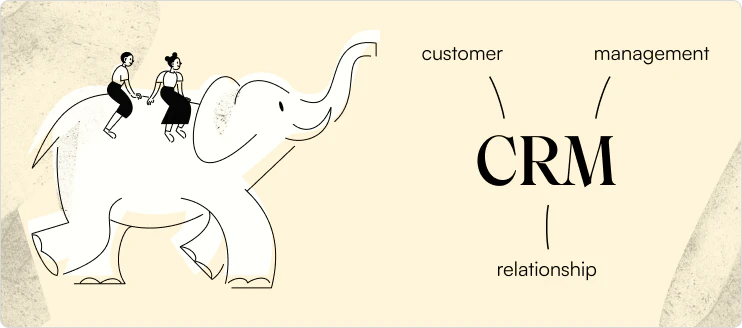
The best part? You can so do automatically in several cases. But you can also have manual conversations to close more deals and offer a personalized touch when you deem it relevant.
Benefits of CRM email marketing
There are many advantages of using a CRM to perform your email marketing.

Connect to your marketing channels more easily
You don’t absolutely need to use a dedicated CRM — or a CRM with email marketing features. For instance, you can create columns in Trello to keep track of where customers are in the buyer’s journey.
However, this leads to your customer data getting isolated from the rest of your marketing channels. It becomes difficult to track where customers came from or which conversations you’re having with them.
It’s also much more difficult to track which emails they’ve received from you.
On the other hand, a properly set up CRM with email marketing features will automatically tag customers, move them in the right segments, and keep track of what emails they received, opened, and engaged with.
Send out targeted campaigns
The more data you have on your customers, the more you can create effective, targeted email campaigns.
When you have an email list that is separate from your CRM, there is only so much you can do to send targeted content.
But you’ll be missing some crucial information, such as:
- What other conversations customers have had with your brand apart from emails received from you
- Detailed contact information, unless you require this information when people opt into your email list
- Previous purchases
On the other hand, when you keep everything stored in one place, you can use this information to only send relevant, targeted emails to customers. This means they won’t receive redundant or irrelevant information.
And the more relevant the emails, the more likely they are to stay on your list and end up buying from you.
Keep all your data in one central place
Imagine having to go from software to software to get all the data you need about one single customer.
Not only is that time-consuming, but you’re also more likely to lose some data.
And it’s hard to remember where you put what.
An all-in-one CRM allows you to store everything in one place. Looking for something? You’ll know exactly where it is.
Get a clear picture of your audience
Because your data is all in one place, you also get a clear, accurate picture of who your audience is.
You get valuable insight on what strategies work with them, what offers they respond to, how they interact with your brand, and how they behave.
Why you should use an all-in-one CRM and email marketing tool
Still not convinced you need an all-in-one tool for your CRM email marketing? Here are three reasons why you should take the plunge.
Make your team more productive
Every second you or your team spend alternating between different tools and looking for customer information is potential income lost.
By keeping everything in one place, you can make your team much more productive. You can also send more emails with less effort, since email marketing tools let you automate a large portion of the work.
Overall, these tools can help you get a whole lot more done at a lower cost and with fewer resources.
Send more effective emails (and have more effective sales conversations)
Because you can send targeted campaigns and have so much more information about your audience, your emails will be a lot more effective. And this opens the door to much more effective sales conversations.
Not only are you equipped with crucial information to carefully discuss with your prospects, but you can easily keep track of where they are in the sales process.

Offer complete transparency to your team
CRM email marketing isn’t just great to keep one person organized — it makes teamwork much smoother, too.
Whether someone from your sales team, marketing department, or customer service team needs to access information about a client or figure out what’s going on with your email marketing, you can offer this information with transparency.
This means wires don’t get crossed and fewer communication mishaps can happen.
13 CRM email marketing software tools you should try in 2022
Now you know why CRM email marketing matters for your business — so what tools are available with these features?
Here are the best 15 options on the market in 2021.
1. ActiveCampaign
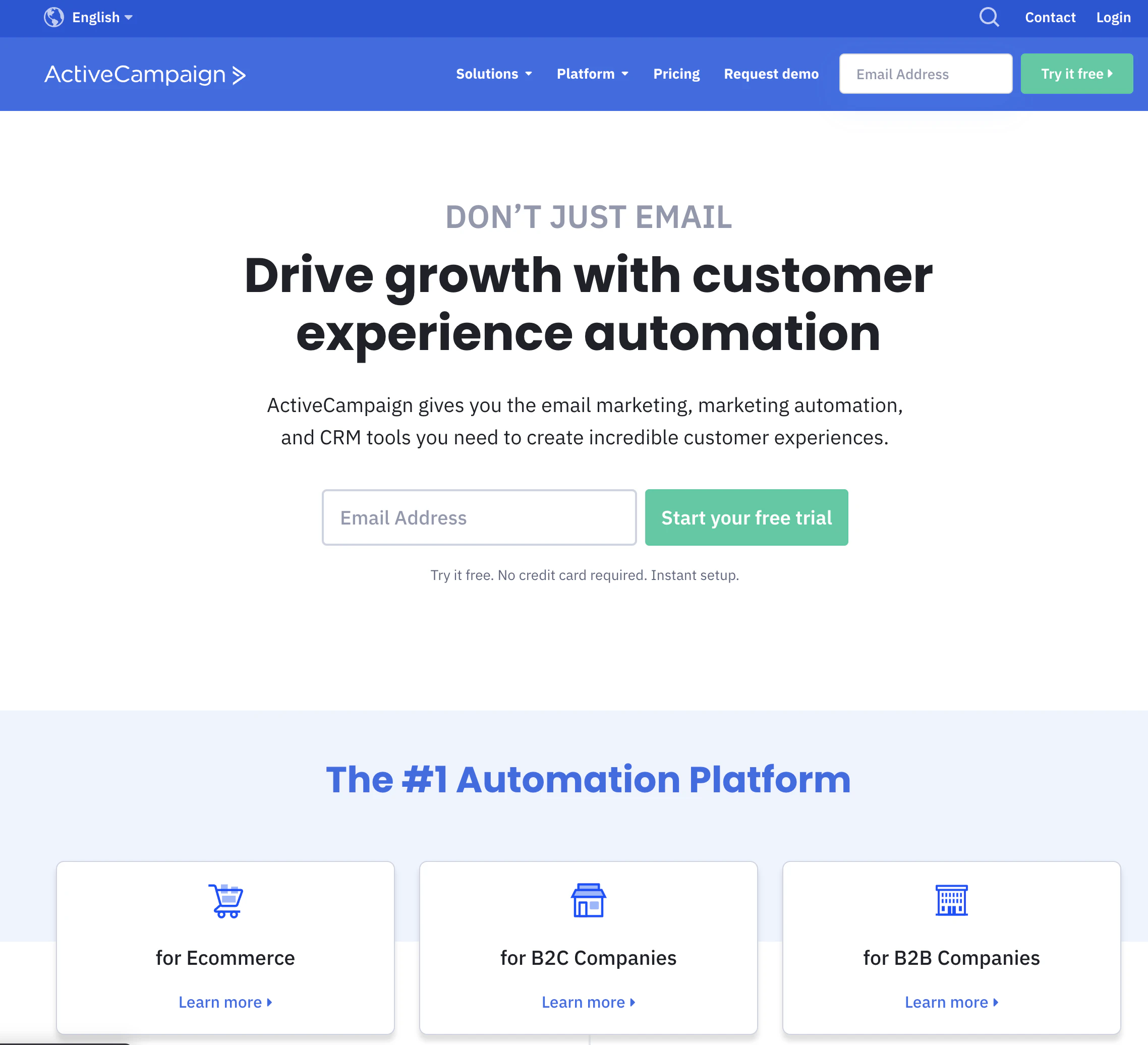
Active Campaign started out as an email marketing platform only, similar to Mailchimp, Convertkit, or MailerLite.
However, it has since then become much more than that.
Active Campaign claims to do more than just automate your email. They can activate your entire customer experience.
For example, you can create automations that send new campaigns if the value of a deal drops below a certain threshold.
Active Campaign will also automatically notify you or your sales team when you set up a trigger to do so. For example, you can create an automation that follows this process:
- Contact submits a form
- Create deal: New lead
- Update deal status: Active
- Send email campaign to welcome the lead
- Notify your sales team
Active Campaign can also track customer behavior. For instance, if a contact visits your webpage, you can update the deal stage as ‘Interested’. It can also automatically create tasks for your sales team.
You can also move customers through each stage process using drag and drop.
Plus, its email marketing features are some of the most powerful available on the market.
You can:
- Send triggered emails depending on customer behavior
- Set up autoresponders, like welcome emails, lead magnets, or automated sales sequences
- Create complex email funnels
- Set up detailed segmentation
- Perform split tests
- Create dynamic content
- Use lead scoring
- And so much more!
The Lite plan starts at $15 per month for 500 contacts.
2. Nutshell
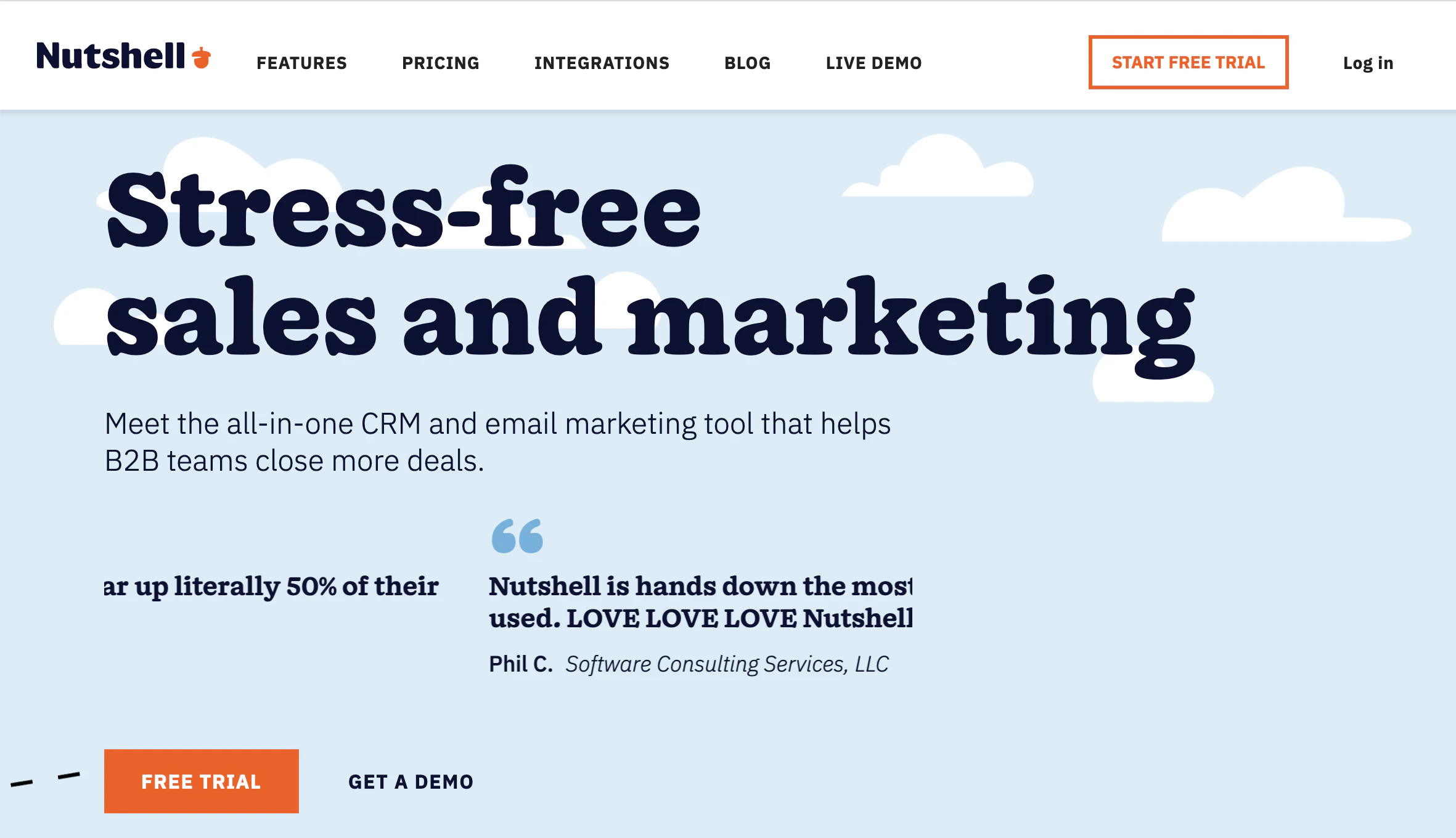
As Nutshell’s home page says, this CRM email marketing tool comes with “everything you need, nothing you don’t.”
This handy tool allows you to design your sales process — from qualifying to pitching all the way to closing — and automate the repetitive tasks involved.
At every stage, the software reminds your sales team of all the tasks involved with this step. For example, you can enter the qualifying questions a sales rep needs to ask during the Qualify phase.
If you use the same email copy every time, you can automate your outreach and let your sales team focus on more important tasks.
You can view your sales pipeline in four ways:
- List view
- Map view
- Chart view
- Board view (Kanban drag and drop)
You can also create customized reports to know exactly how your sales efforts are working. Plus, these reports can be downloaded as presentation-ready charts if you need to showcase your sales efforts at a board meeting.
All your contact details, email conversations, and call notes can be stored in Nutshell. The rest of your team can easily access all those notes.
So how do Nutshell’s email features compare to something like ActiveCampaign?
Nutshell allows you to send mass emails or personal emails, so it can fit your needs. It also includes automated personal sequences and email templates to make it easier to send the same emails over and over again.
It also integrates directly into native email apps like Gmail and Outlook.
On top of that, you can create custom audiences from your CRM data for mass email marketing.
When you use Nutshell, you also have access to their live customer support team in case you run into any issues.
Nutshell starts at $19 per user per month for the Starter plan.
3. Moosend
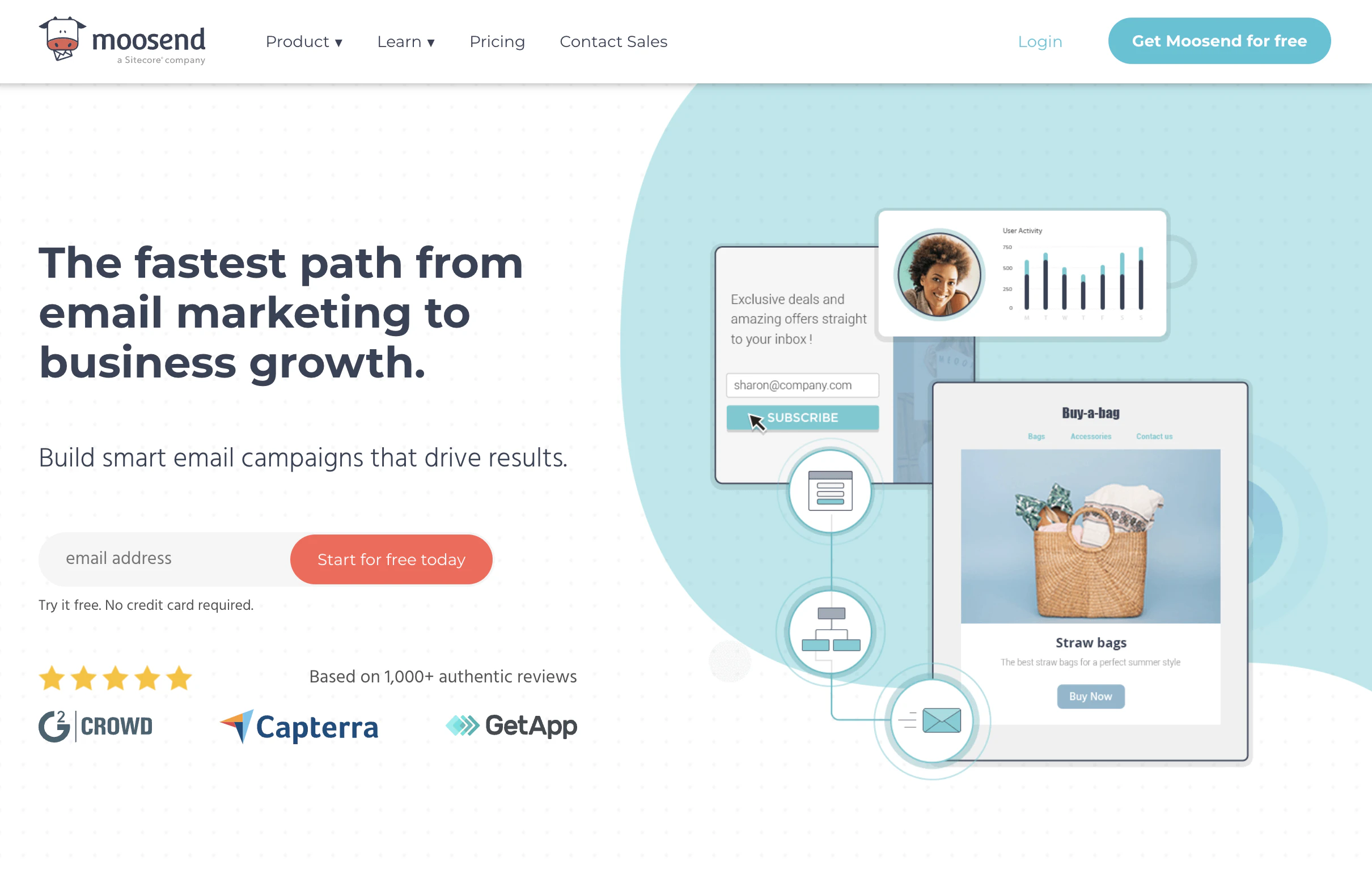
One of the ways Moosend advertises their product is to allow you to “let your business sell itself.”
That’s essentially what you get when you purchase a software like Moosend.
It comes with all the bells and whistles of a powerful email marketing platform. But its CRM features elevate it to another level.
You can access rich data about your contacts. In a single glance, you can find out:
- Which of your subscribers are still active
- How many people recently unsubscribed
- Who is is which segment
- And much more
Just like ActiveCampaign, you can create plenty of marketing automations take some workload away from your sales and marketing teams. But keep in mind that Moosend can’t notify your sales team like ActiveCampaign can, so you’ll have to keep a close eye on your customers.
4. Insightly

Insightly is a CRM tool that allows you to align your sales, marketing, and project teams around a single view of your customers.
It allows you to build engaging customer journeys for your marketing pipeline. You can visually represent this journey to make it easier to edit and see what your customers will experience as they move down your sales funnel.
Customer actions can trigger the next step in the journey.
This is true for inbound and outbound leads. Insightly allows you to store them both on the same platform so no data gets lost.
As a result, both your sales and marketing teams can align on what your ideal customer looks like based on aggregated data.
Insightly provides you with all the important email marketing metrics you need, including:
- Open rates
- Bounce rates
- Click-through rates
You can also run A/B tests to optimize your email marketing efforts.
Finally, Insightly comes with embedded forms that you can add to your website. This means you don’t need another app to create your forms and pop-ups.
Pricing is separate for the CRM and marketing features on Insightly. CRM pricing starts at $29 a month per user, and Marketing starts at $299 for 10,000 contacts.
5. Hubspot

There isn’t much that Hubspot won’t do.
Its marketing hub allows you to generate leads, optimize your conversions, and automate your inbound marketing efforts.
Its sales hub comes fully loaded with an advanced CRM tool, a meeting scheduler, and a quoting software.
In addition to these features, you can also access other hubs, like the customer service or CMS tool. This makes Hubspot an even more complete solution than other CRM email marketing platforms.
However, keep in mind that a lot of its powerful email marketing features are available in higher price tiers than other email marketing tools on this list.
Hubspot does have a free CRM tool. However, you’ll only be able to access its most powerful features — and anything email marketing-related — in the paid plans.
The pricing tiers are quite complicated, since you can create bundles to reduce your cost. But as an example, you can pay $75 per user per month for the Start CRM Suite, which includes the Starter plan for Marketing, Sales, Service, and Operations.
They also have a Startups Program that can allow eligible startups to save up to 90%.
6. Agile CRM
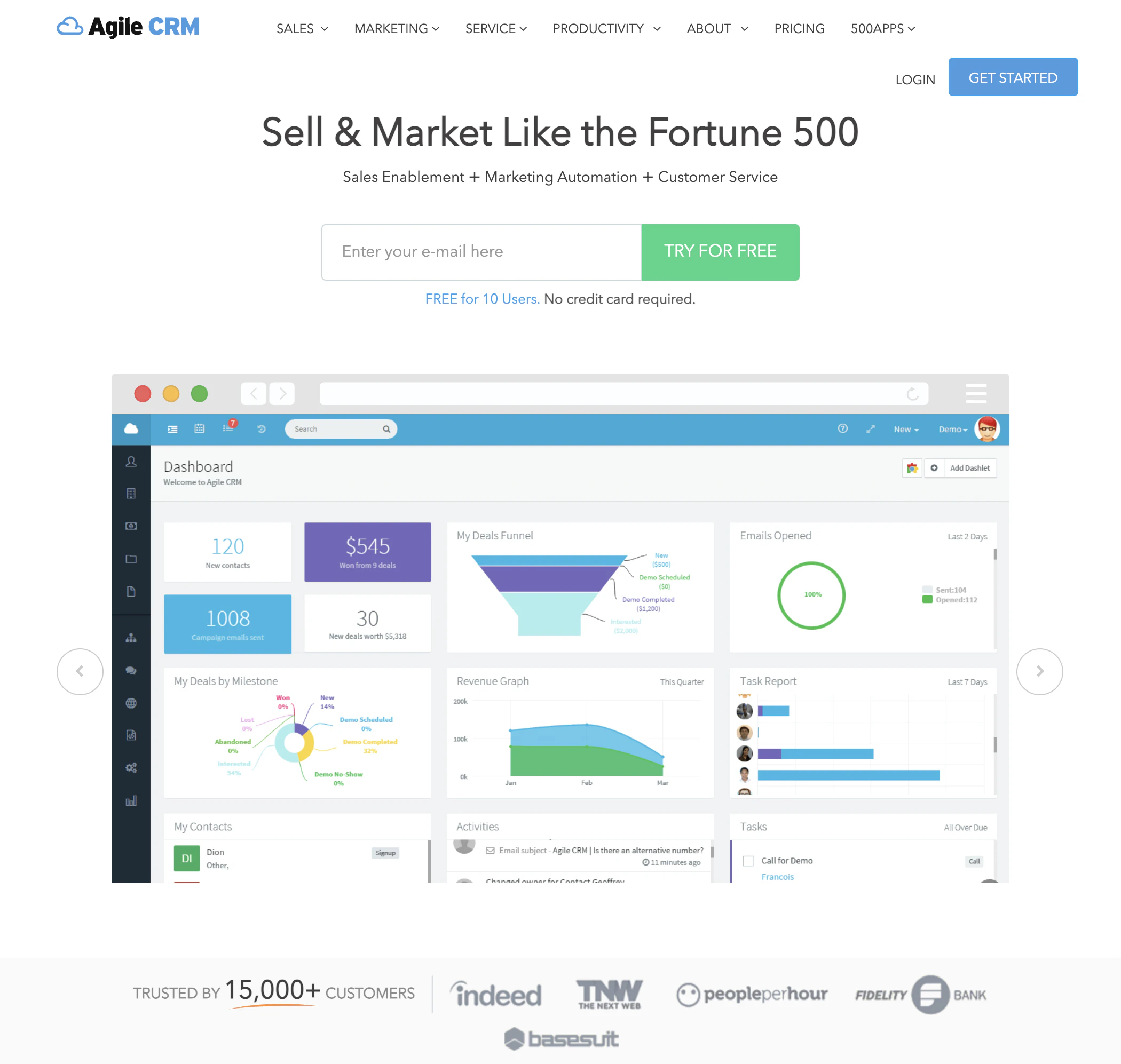
Agile CRM, as the name suggests, is a CRM, but they do so much more than that.
They’re a complete sales and marketing solution in one.
In the sales essentials, they allow you to gather all the information you need on your contacts. You can access this info at a glance and manage deals.
They also have all the email marketing features you need, including:
- Lead scoring
- Metrics tracking
- A/B testing
- Autoresponders
- Email templates
- Drag and drop email building
Plus, you can pull all the personal data you have on a customer to personalize emails easily.
But they also have nifty gamification features for your sales team. By adding gamification to your sales, you can increase the competition between your sales reps and improve their results.
Your leads can even schedule calls automatically with your sales reps directly with Agile CRM. This means you don’t need to pay for a separate scheduling tool.
Other features you get with Agile CRM include:
- Drag and drop email builder to easily create beautiful emails
- Autoresponders
- Social sharing
- Call recording
- Autodialer and voicemail drops
- Landing pages and web forms
- Mobile marketing
- And much more!
Basic Agile CRM features are available for free for your first 10 users. The first paying plan is the Starter plan, which starts at $8.99 per user per month.
7. Omnisend

Omnisend is very similar to ActiveCampaign. Its focus is on email marketing, but it comes with CRM features to streamline your entire sales and marketing process.
Like ActiveCampaign, Omnisend can:
- Perform A/B testing to optimize your email marketing campaigns
- Create drip campaigns and dynamic content
- Segment your audience
- Track website visitors
- Automate the sales journey
But Omnisend cannot qualify your leads like ActiveCampaign can.
However, Omnisend does have more powerful sales analytics that are perfect for Ecommerce brands. On the other hand, its CRM tools aren’t really designed for B2B companies.
8. Zoho CRM
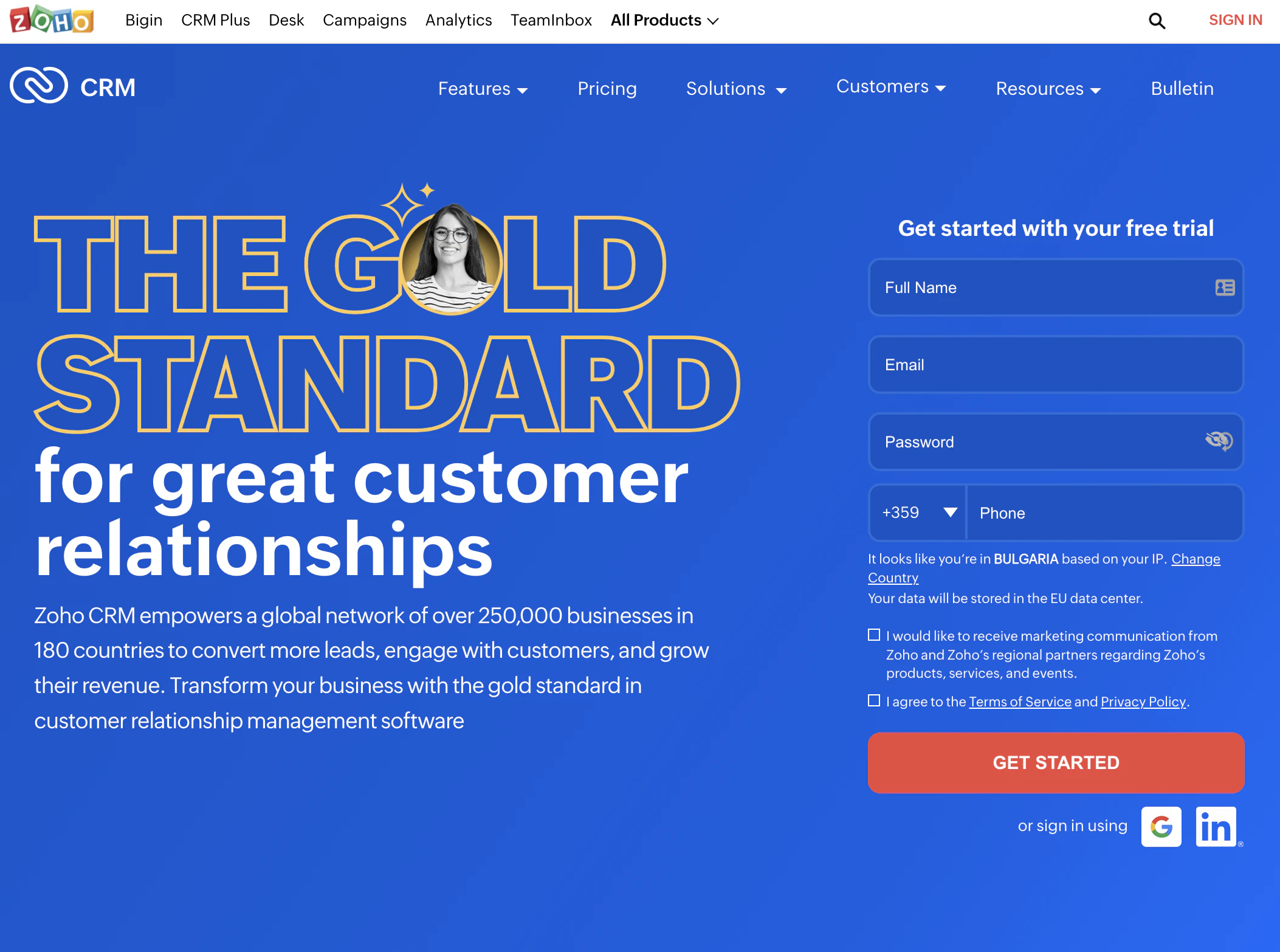
Zoho CRM isn’t just a CRM and email marketing tool. It offers a full suite of software tools to empower your business, including call scheduling and proposal creation.
It comes fully loaded with plenty of team collaboration tools to make it easier to work together, whether you’re in an office or working remotely. These tools include calendars and calendar syncs, file management, status updates, groups, direct messaging, and tagging.
You can also manage your inventory directly inside of Zoho CRM. You can send quotes, invoices, and purchase orders to your customers.
Of course, you can also perform email marketing automation with Zoho CRM. You can segment your customers, create email templates, create autoresponders, and much more.
However, keep in mind that these features are designed for sales leads, not your email list. They have a separate software, Zoho Campaigns, for that purpose. The two integrate seamlessly, but it is an extra expense you need to know about.
One of its unique features is its prediction and artificial intelligence tool, Zia. Zia provides your sales team with lead conversion prediction, assignment and workflow suggestions, automation, and much more.
Zoho CRM starts for free for up to three users. The standard tier starts at $14 per user per month, while Zoho Campaign starts at $6 per month for 500 subscribers.
9. Microsoft Dynamics 365
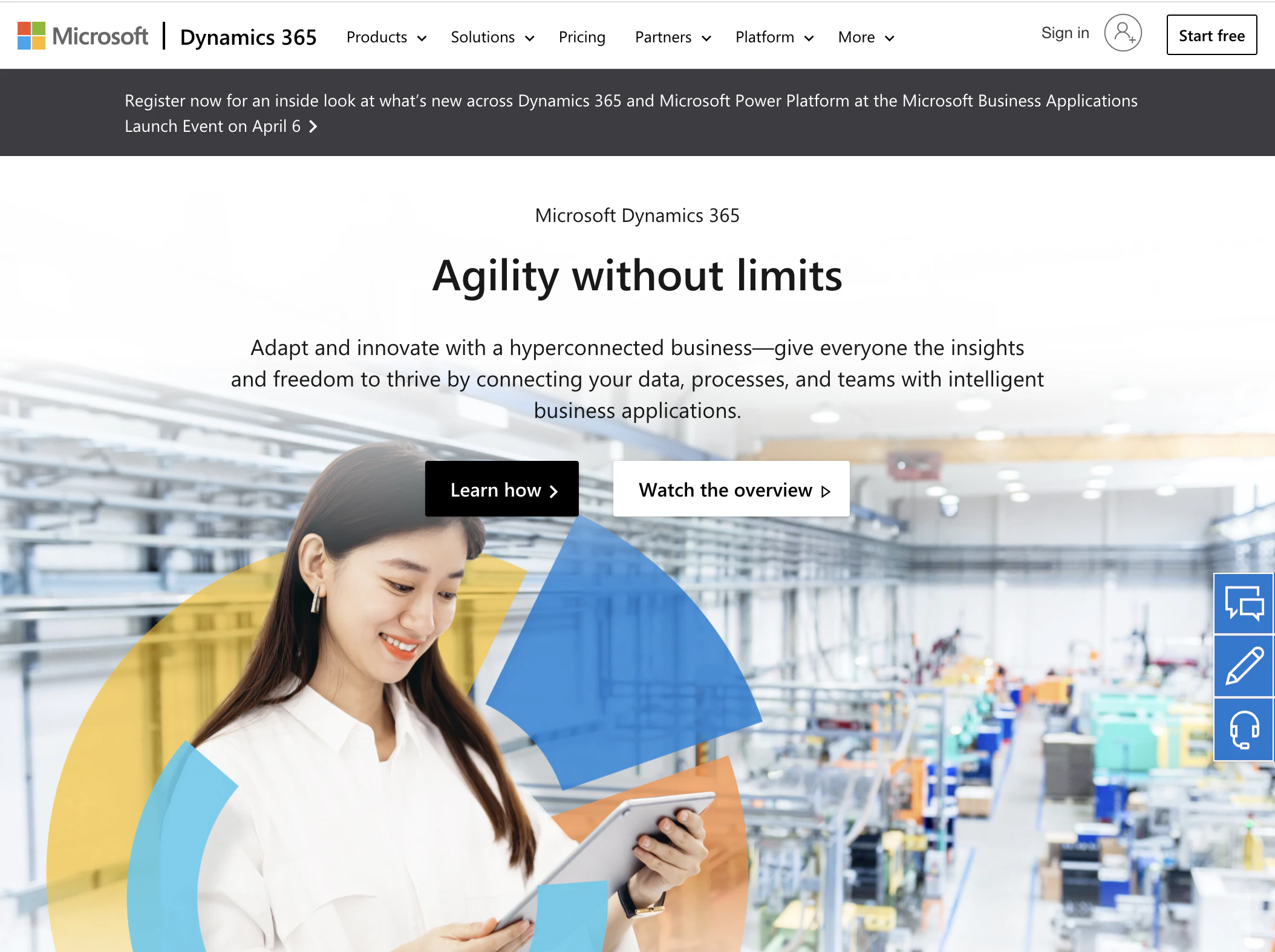
If you’re a fan of Microsoft products, you’ll be happy to know that Microsoft has its own CRM email marketing tool.
This tool is more like a suite of software than a single tool, though. That’s because all of its features are separated into different licenses.
For example, the sales tools aren’t available in the Marketing plan.
So yes, Microsoft Dynamics 365 is a powerful suite. Its Sales tool gives you a single view of your customers while allowing you to automate many aspects of the sales cycle.
On the other hand, the Marketing suite allows you to create personalized customer journeys across all touchpoints. This includes real-time customer engagement thanks to smart predictions from the software.
You also get AI-driven recommendations for your content, segmentation, and much more.
Microsoft Dynamics 365 does have other tools, such as Project Management, Finance, HR, and much more.
Pricing starts at $83.20 per user per month for Sales, or $25.60 if you have another qualifying Microsoft Dynamics 365 app. On the other hand, Marketing only has one pricing tier — $1920 standalone, and $960 if you have another app.
10. SendinBlue
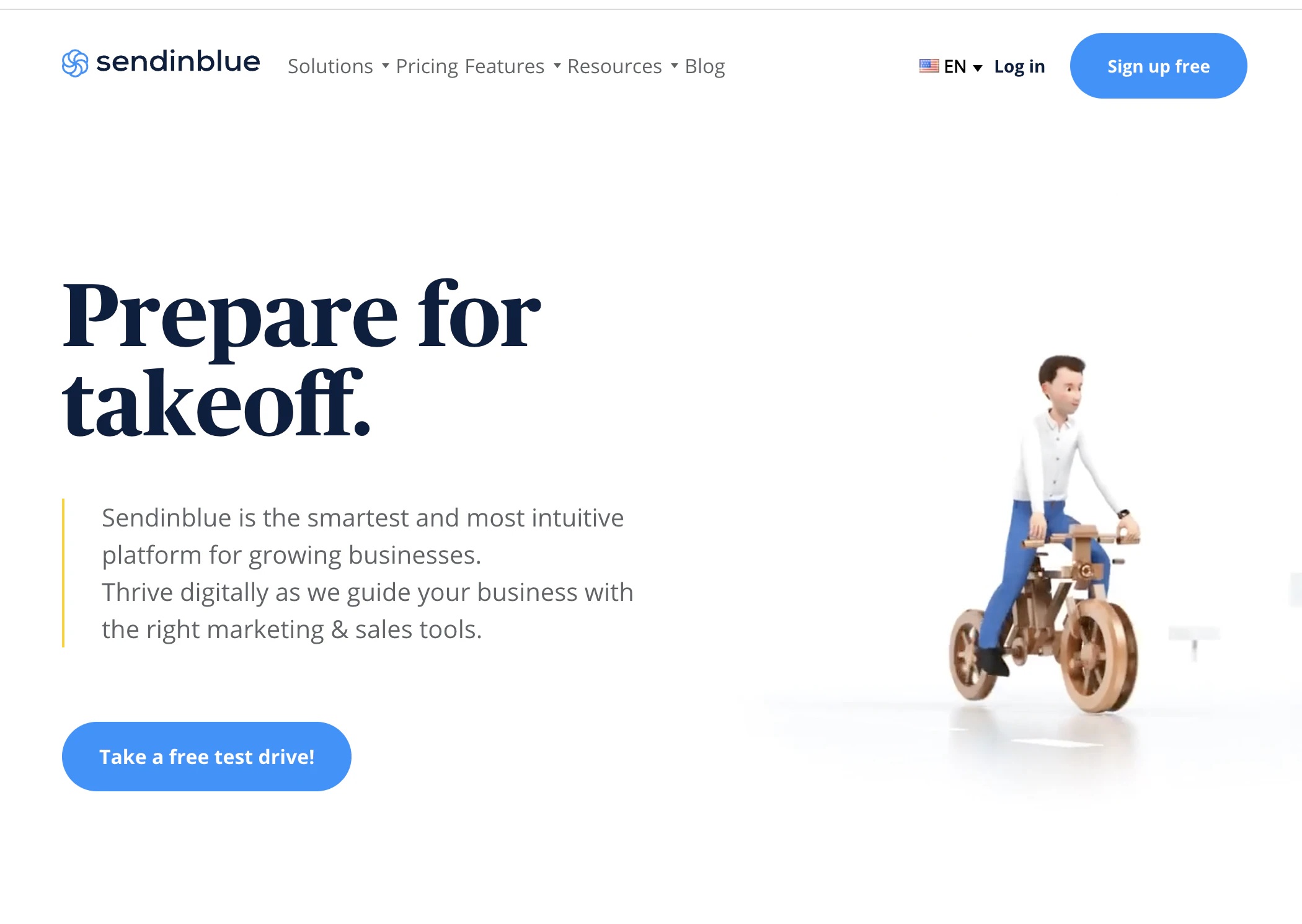
Sendinblue makes it easy to reach your customers via email marketing, SMS marketing, and live chat.
You can also keep track of all your customer communications with one shared inbox instead of scrambling through separate email addresses to find something. This allows your sales team to work collaboratively.
Like many other tools in this list, it can automate your customer sales journey, send drip emails, segment your audience, and keep your sales team on track for important sales tasks. But one of its unique features is its ability to launch Facebook ads directly from its app.
This allows you to seamlessly retarget your contacts or create lookalike audiences without leaving the comfort of your CRM email marketing tool.
Your data stays in one place. No more switching back and forth between the Facebook Business Manager and your CRM.
11. Copper
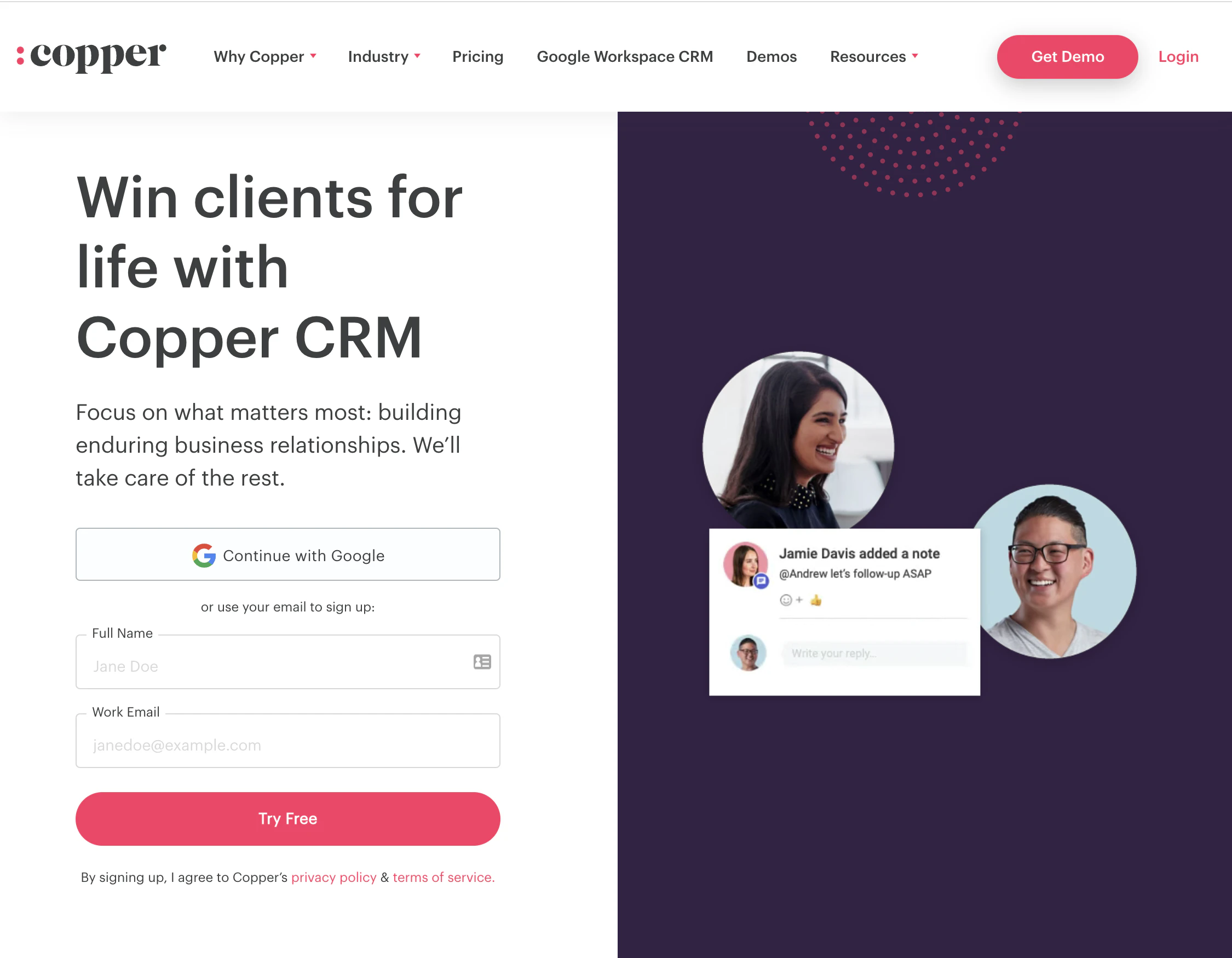
Copper’s unique selling point is the ability to work from your Google Workspace. This means there’s almost no learning curve to use Copper if you’re already comfortable with Google Workspace.
For teams that rely on Google’s suite of tools, Copper makes it easy to keep everything in the same place. Its CRM tools are powerful enough even for big teams.
However, keep in mind that Copper’s email marketing features aren’t as powerful as other tools on this list. To email your list instead of just one-off people, you’ll have to add their Mailchimp integration. This adds another layer of complexity to the tool.
Copper starts at $25 per user per month for the Basic plan.
12. Autopilot

Autopilot, as the name suggests, helps you put your sales and marketing efforts on autopilot.
It can help you generate and convert leads by:
- Creating sleek, branded popups on your website to convert visitors into subscribers
- Keeping all of your customer data in the same place
- Showing you which audiences you should target for your next campaign
- Creating autoresponders like cart abandonment, welcome sequences, and more
- Automatically creating designed email templates that fit with your brand
Like any good CRM, it also gives you a single view of all your customers so that your sales team can make better decisions.
Autopilot is free for up to 2000 subscribers. The paid tiers start at $29 a month for the Campaign tier.
13. Klaviyo
Klaviyo is a CRM email marketing tool specifically designed for Ecommerce.
It offers Ecommerce business owners the simplest way to centralize their customer data. As a result, you no longer need multiple tools to collect, analyze, and store your customer data.

After you’ve collected enough data about your customers, Klaviyo uses predictive analytics to find out important information and help you act proactively, such as:
- Likelihood to churn
- Expected next order date
- Customer lifetime value
Klaviyo also has the added benefit of integrating directly with most Ecommerce platforms, like Shopify, BigCommerce, WooCommerce, Magento, and more.
Klaviyo is free to use for up to 250 email contacts and up to 50 sms contacts. After that, pricing starts at $20 per month for email only, $5 for SMS only, and $25 for email and SMS.
Choosing the right CRM for your business
With all these options available for you to choose from, how do you pick the best CRM with email marketing features?
It all depends on your business needs. Consider the following five points before you choose the tool for you.
1. Number of leads
How many leads do you typically deal with on a monthly basis?
Your leads can be sales leads, but they can also be subscribers to your newsletters and email sequences. Most of these tools have different pricing depending on the number of contacts you’ll upload to their platform.
For instance, ActiveCampaign is very affordable for businesses that have 500 contacts or less.
2. Automation needs
Not all teams require the same automation features.
But if you’re trying to automate as much as possible, you should look closely at each CRM email marketing tool to make sure it can do what you need it to do.
For example, Copper can help you easily manage your sales and contacts directly from Gsuite, but it can’t automate the process as much as AgileCRM or ActiveCampaign.
On the other hand, you shouldn’t pay for features you don’t need. For instance, Hubspot can basically do anything, but it’s much more expensive than some of the other tools available.
3. Segmentation abilities
Some businesses have very specific audiences that can be broken down into many segments. While everyone should segment their audience, some businesses will need to do so on a more granular level.
Before you pick your tool, test out the segmentation features yourself. Can it handle the type of audience you have? Does it easily empower you to segment your audience the way you want, or do you instead need to squeeze into a workflow that doesn’t fit for you?
4. Available analytics
Analytics are key to help you improve your conversion rates and boost your profits.
Without analytics, you have no way to know what’s working in your sales process and what isn’t.
But some analytics aren’t as important as others, depending on your business needs. Many tools will make you pay a premium for advanced analytics features, but some of it is overkill for many startups and smaller businesses.
5. Tech support
A great tool isn’t worth the hassle without a proper tech support team. All CRM email marketing platforms come with tech support, but they’re not all created equal.
Some tools come with live customer support. Others only provide email support.
In some instances, like with ActiveCampaign, their tech support team will even migrate your data to their platform, free of charge.
Take a look at your current technical needs. Do you have a developer on board who can solve some issues on their own? Or do you generally struggle with tech issues and need a responsive support team that can quickly help out?
This will help guide you in the right direction. If tech support is important for you, choose a tool that is well ranked for is customer service.
Desired outcome
A CRM email marketing tool should simplify your sales and marketing processes. However, the opposite can happen if you don’t pick a tool that is right for you.
If you pick a tool that doesn’t have the required flexibility, your team will spend more time adapting to the tool instead of letting the tool adapt to them. If you pick a tool that has too many complicated features you don’t need, you’ll then waste time on a steep learning curve that won’t actually help your business.
This is why you shouldn’t automatically pick the CRM email marketing tool that has the most features.
Optimize your business with CRM email marketing
CRM email marketing will make it easier for you and your team to keep your most valuable data in one place — your customer data.
It will also empower your sales and marketing teams to focus on what they do best instead of getting bogged down by repetitive tasks that can be automated.
If you need help coming up with an effective email marketing strategy, we can help you out. Book a call and we’ll come up with a custom marketing plan for your business, free of charge!













.webp)

.webp)








.webp)










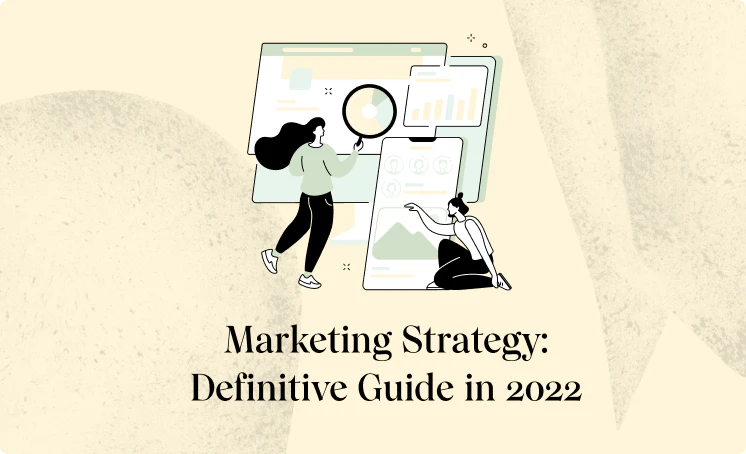

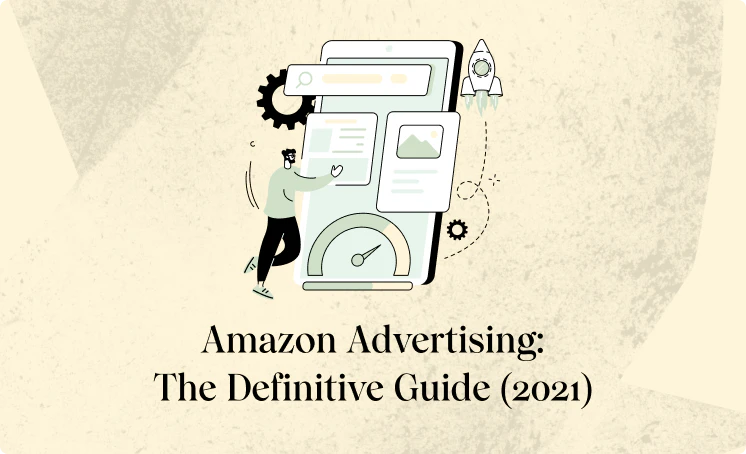





























.webp)






